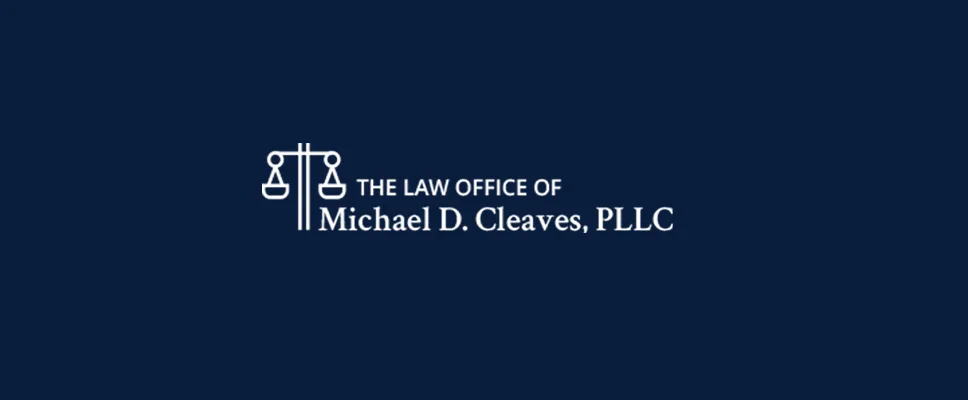Should you accept a plea deal for drug charges?

Should you accept a plea deal for drug charges?
The decision to accept a plea deal after authorities charge you with possession of an illegal substance is a tough one.
Many defendants resolve their drug cases via plea agreements in North Carolina, but you should base your decision on the facts of your situation as well as your knowledge of the legal system.
Types of plea bargains
Negotiations for a plea deal occur in one of the following three areas:
- Fact bargaining: admitting to certain facts in return for the suppression of others at trial
- Charge bargaining: pleading “guilty” to a lesser charge to avoid facing higher charges at trial
- Sentence bargaining: pleading “guilty” in return for a lighter sentence
A plea agreement is generally mutually beneficial, with the state using fewer resources to prove the case and the defendant facing fewer penalties overall. However, the court can reject a deal if the judge finds it inappropriate.
Considerations before taking a plea deal
At first glance, an offer to make a deal may look like the best option, but there can be unforeseen ramifications. If your agreement will result in a long prison sentence, then you may achieve a better outcome at trial. Additionally, as the prosecution seeks more information in your case, their stance may change, meaning you may have more leverage to negotiate if you refuse the first plea offer.
The intricacies of legal negotiations can be overwhelming, especially when you do not have all the necessary information to make an informed decision. Therefore, it is important to understand the process and learn more about how North Carolina courts handle drug offenses.
Get In Touch With Us
Fields Marked With An “*” Are Required
© 2025 The Law Office of Michael D. Cleaves, PLLC • All rights reserved.


